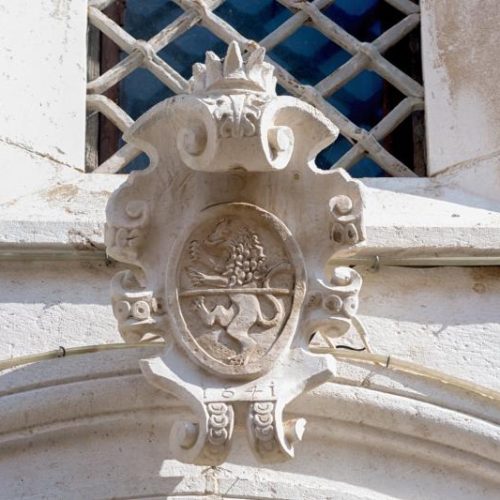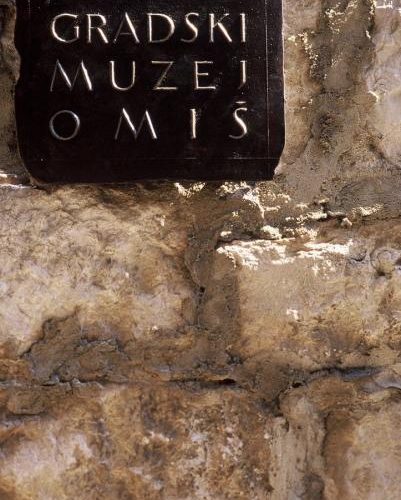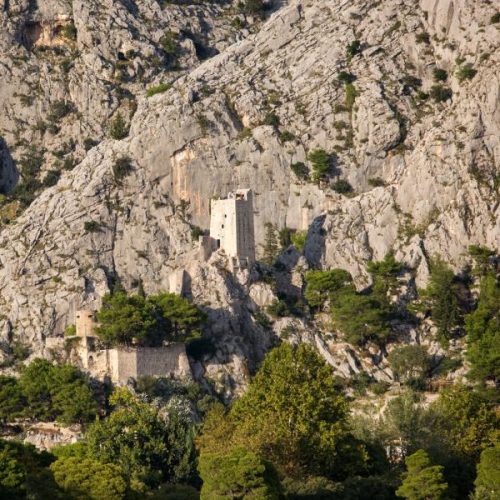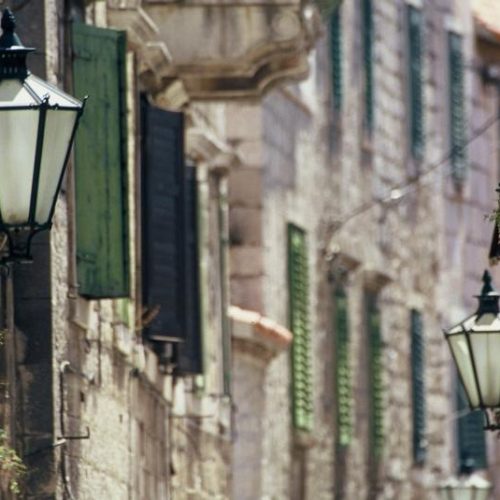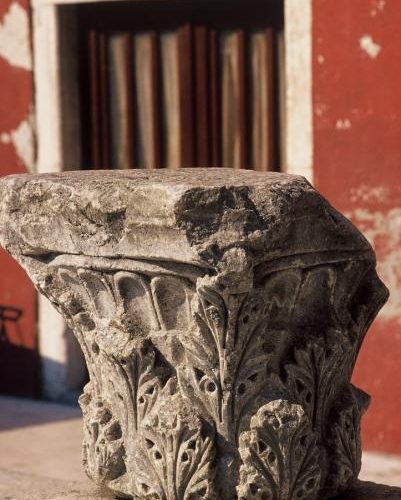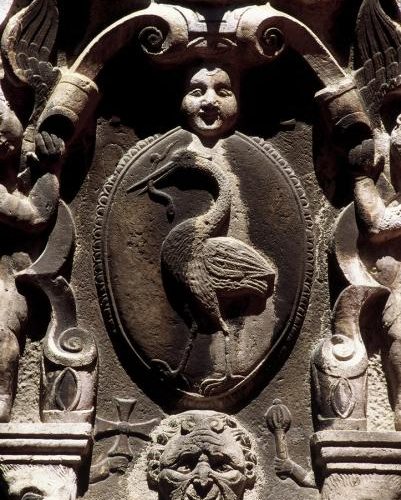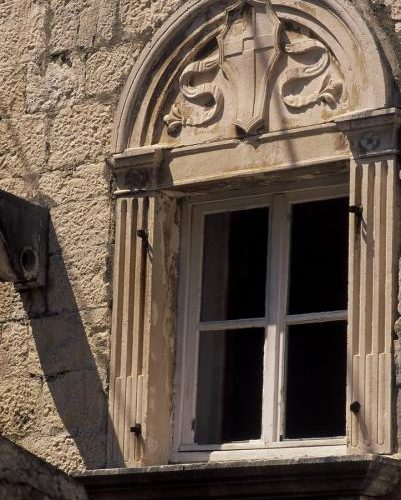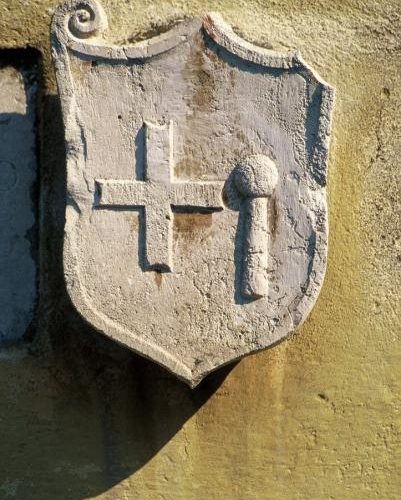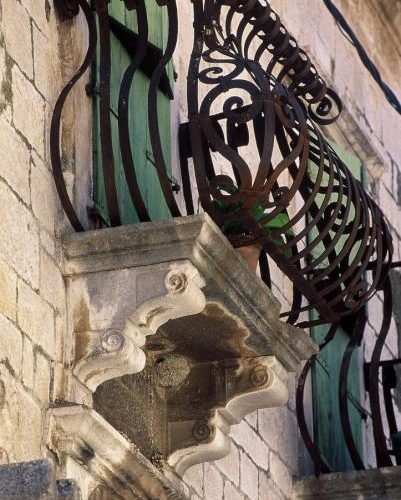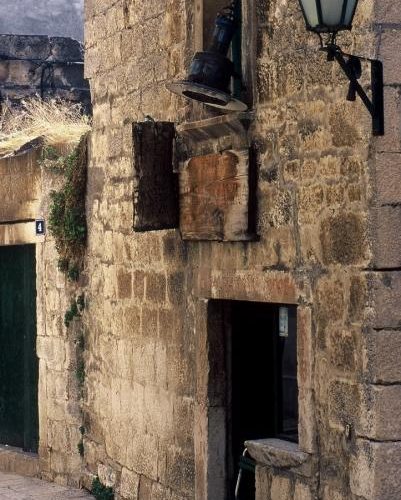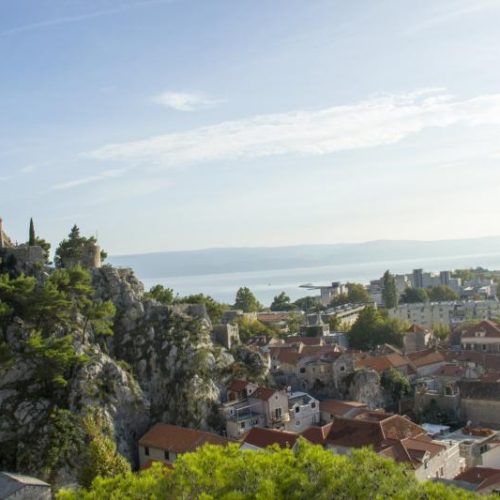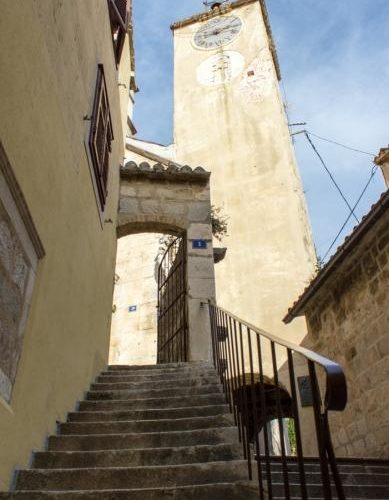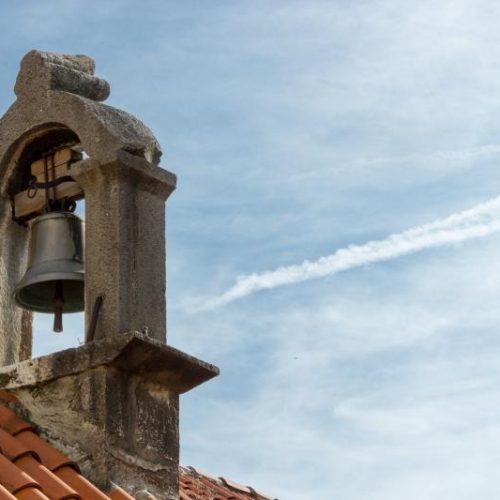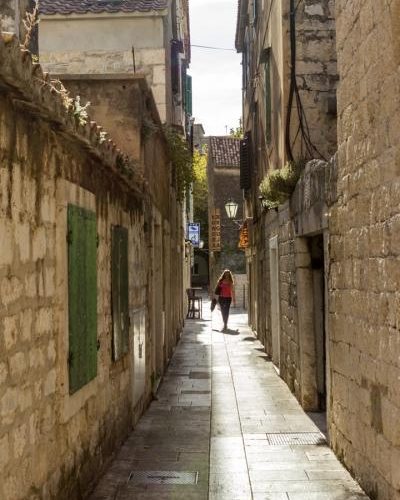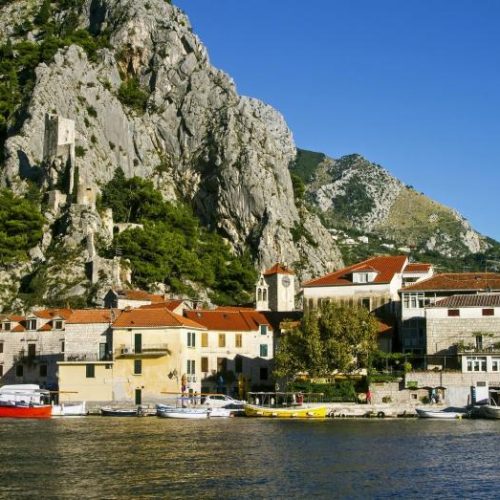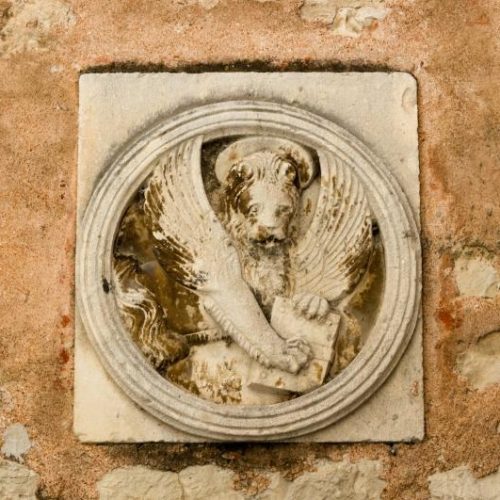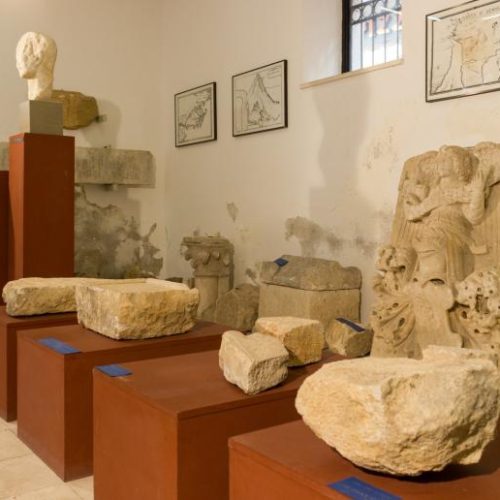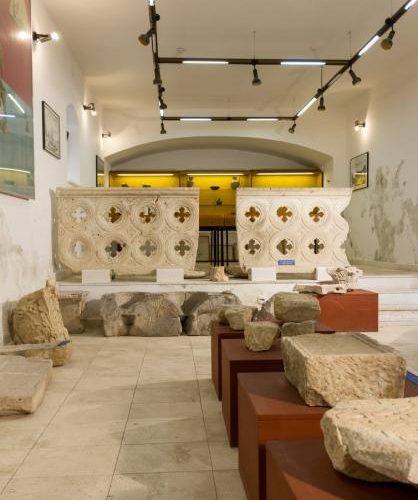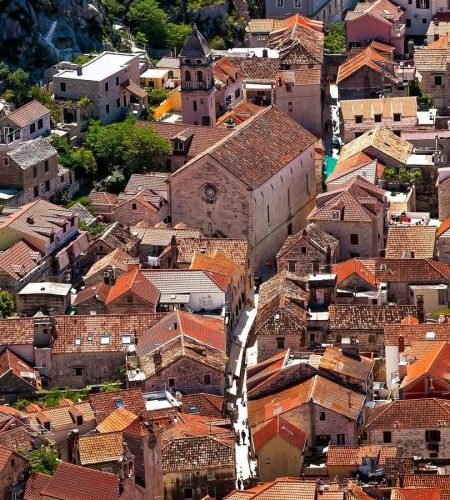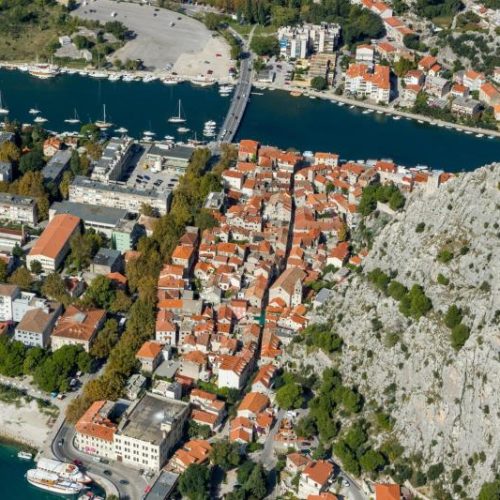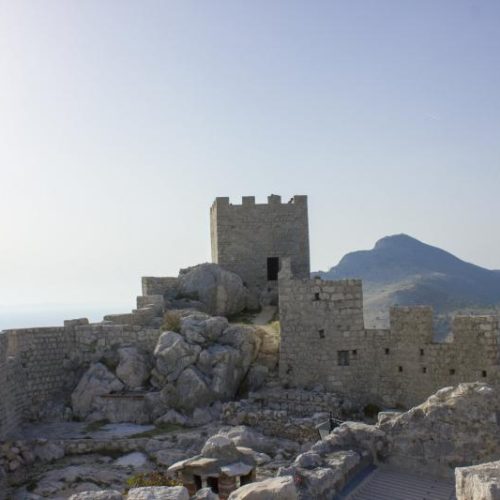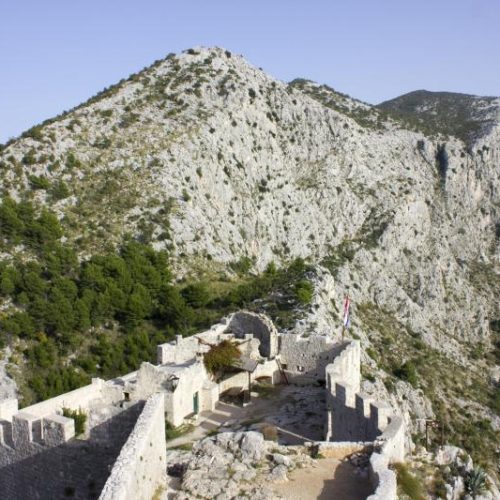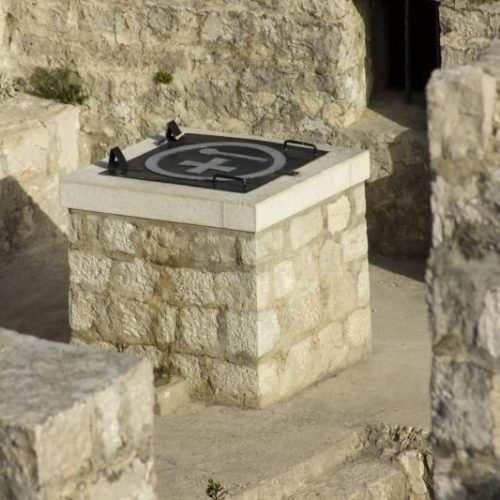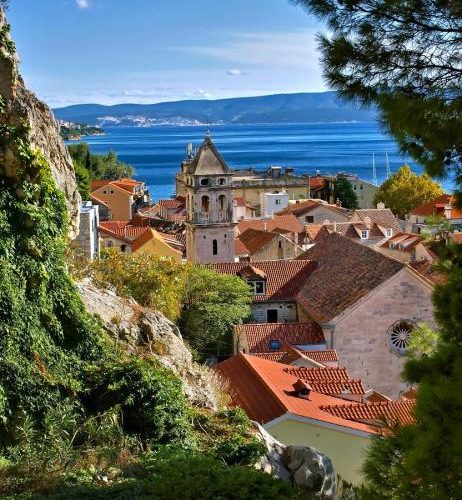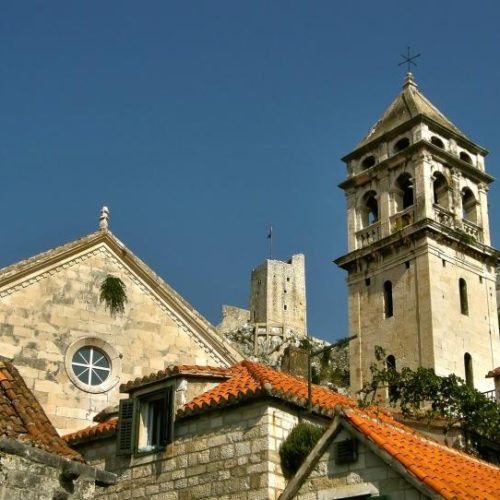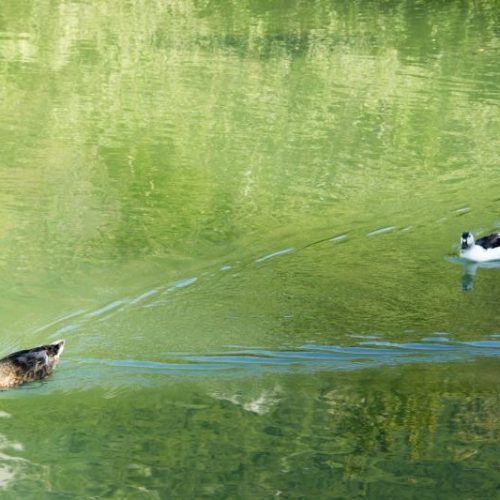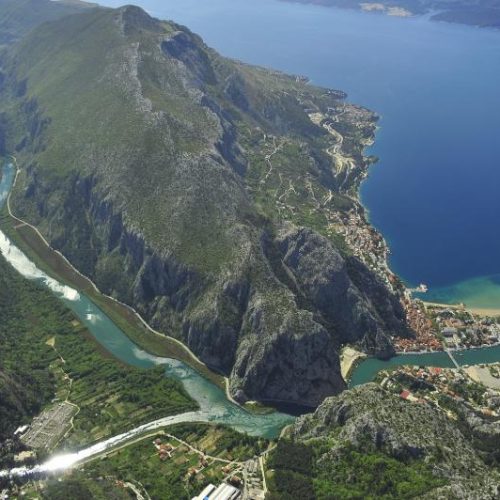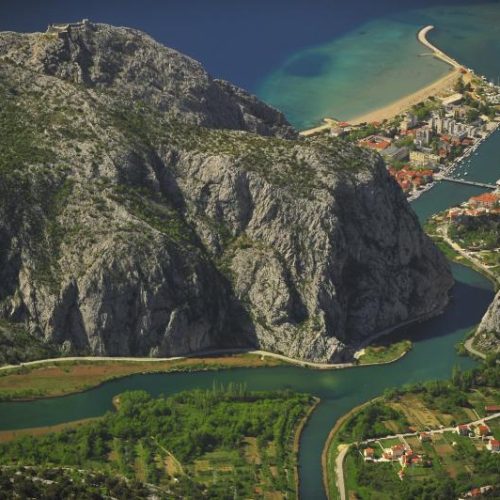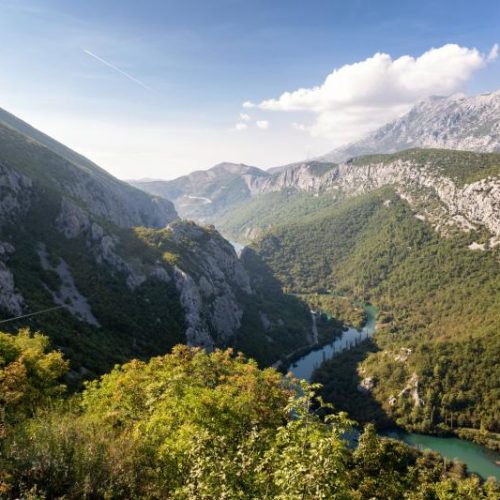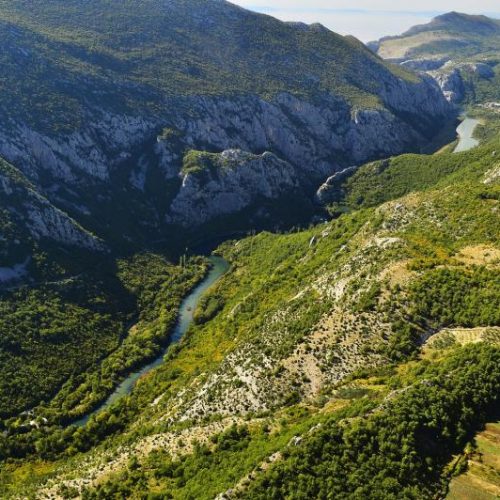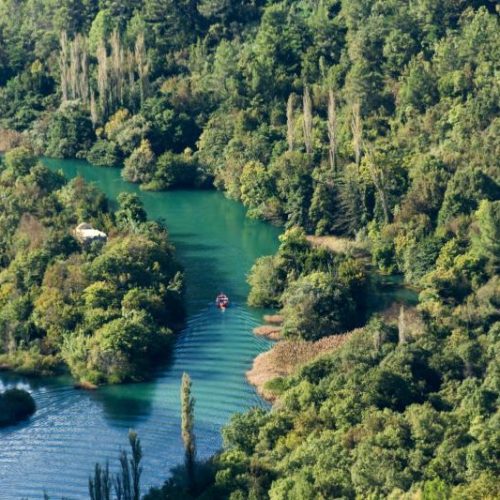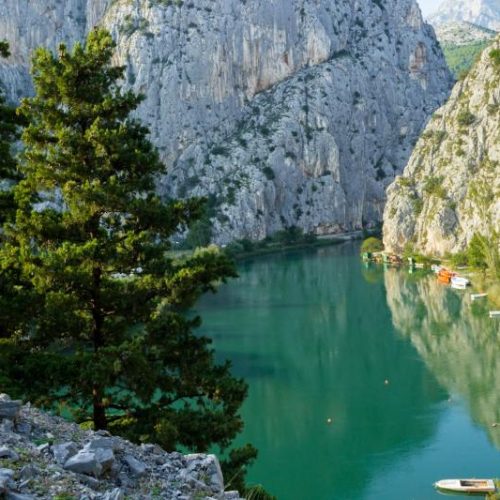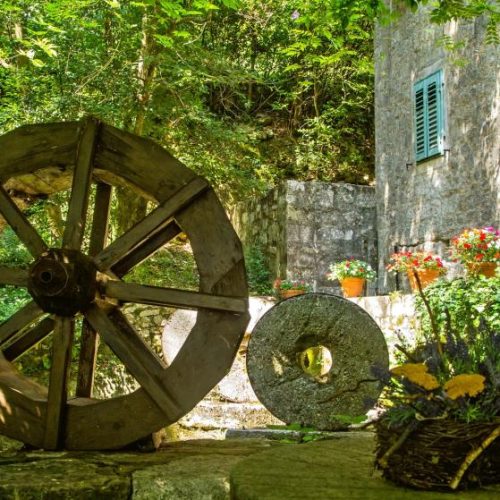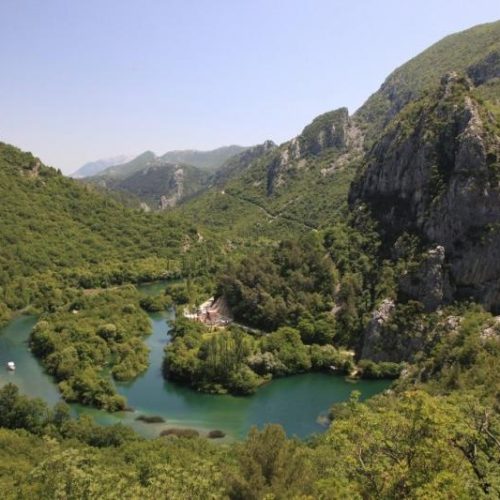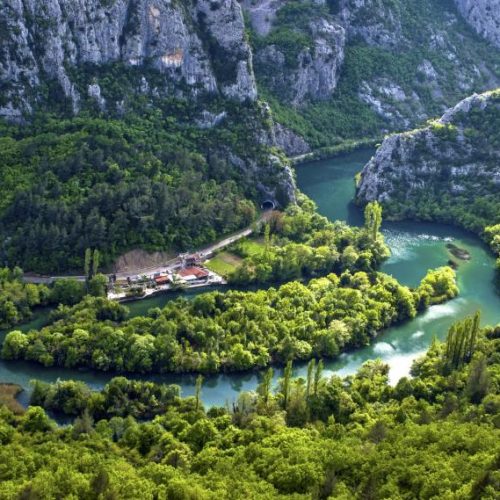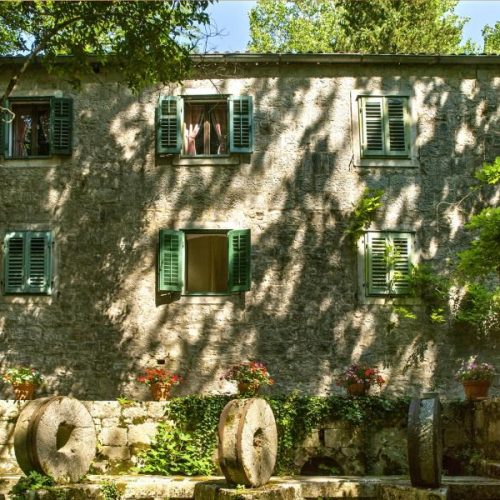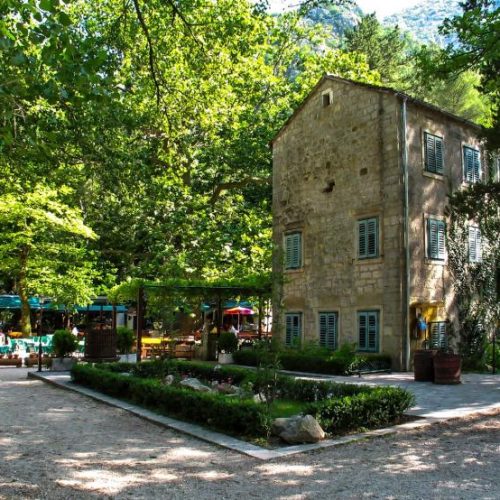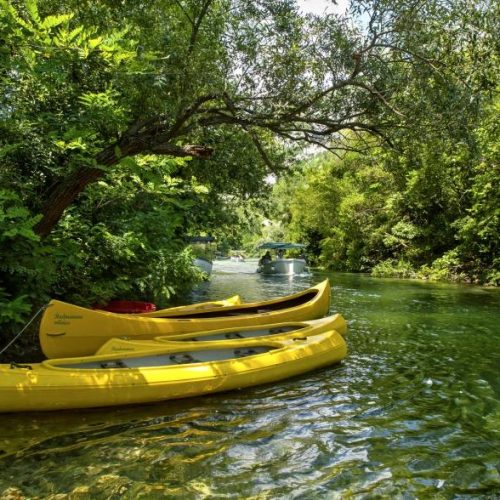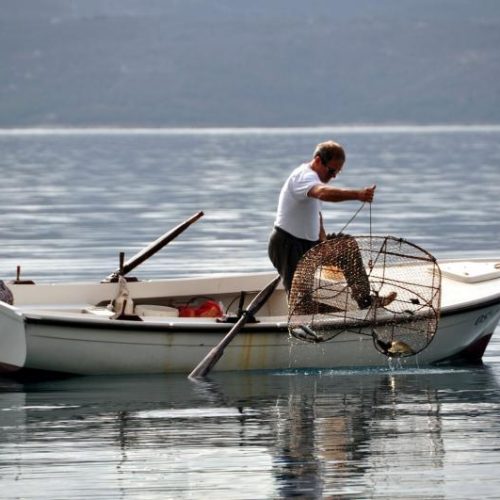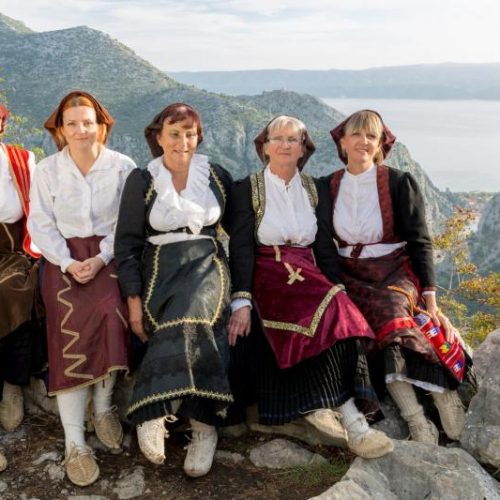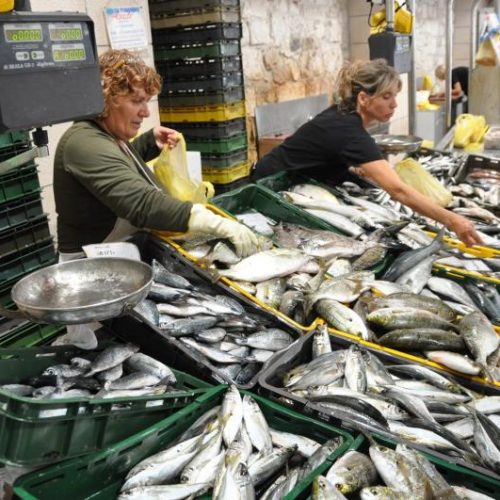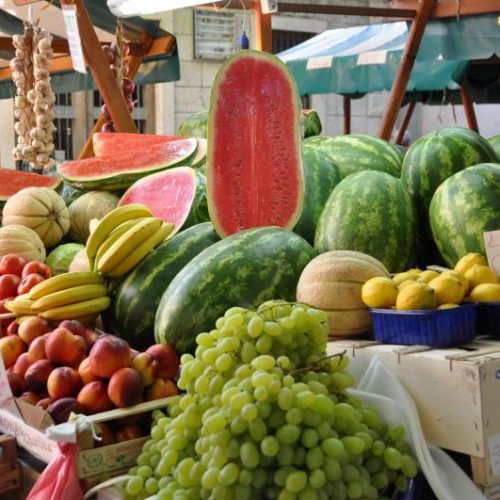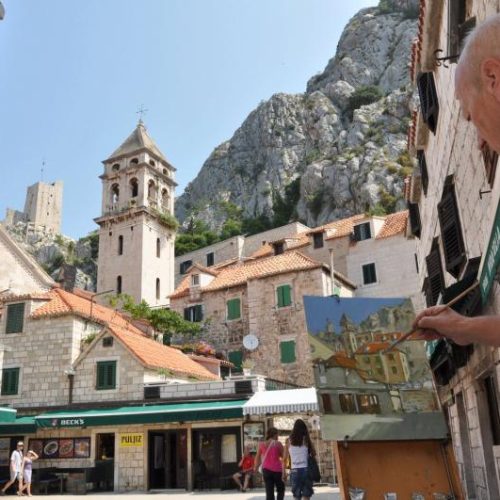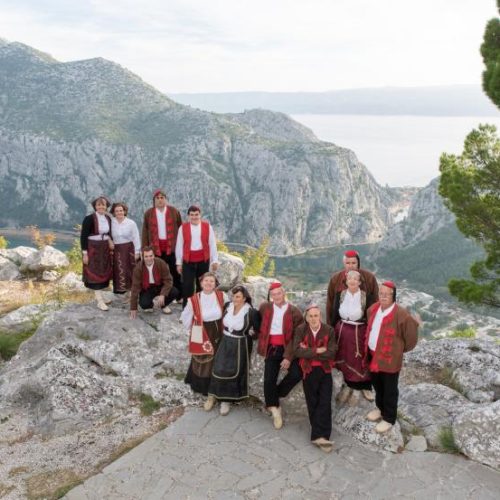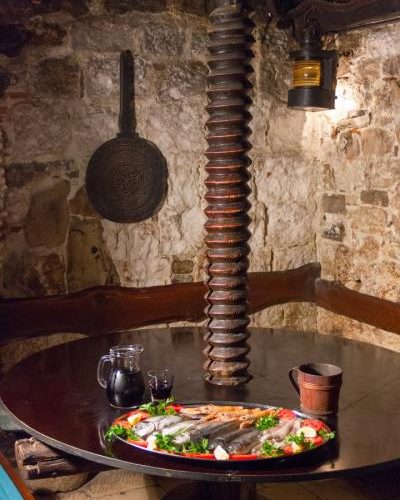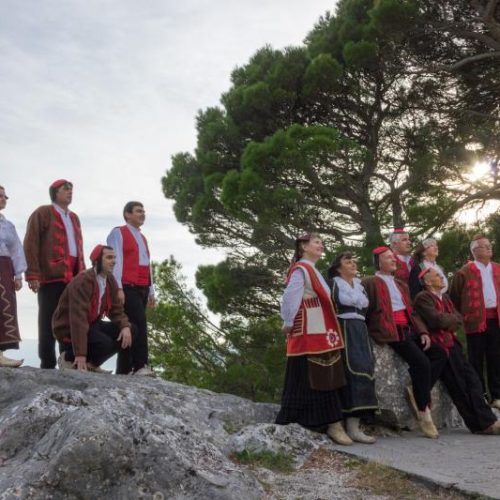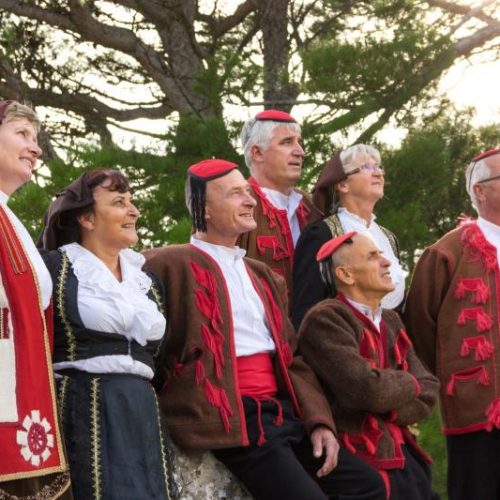ABOUT OMIŠ
Proud history
Not many towns in the world count their history in thousands of years, but the town of Omiš is one of them!
The mouth of the Cetina river was first permanently inhabited in ancient times, more than 2000 years ago, and historians believe that the origins of the present-day Omiš are to be found in the small settlement of Oneum, which lay at the very foot of the impressive mountain guarding the town from the north – Omiška DInara.
Over the centuries the local people started building their houses closer to the sea, and for a very good reason. The inhabitants of medieval Omiš were, as a matter of fact, pirates!
Throughout the entire 12th and 13th centuries the pirates of Omiš ruled the seas from Omiš to Dubrovnik, and all ships sailing by this small town at the Cetina mouth were forced to pay tribute for free passage or risked enaging in a battle against the ruthless pirates of Omiš in which only few came out the winners.
Lead by the famous dukes of the Kačić family, the pirates of Omiš thus ruled a large part of the Adriatic for almost two centuries, attacking large merchant ships of rich cities such as Split, Kotor, Dubrovnik and Venice, and even papal galleons sailing across the Adriatic on their way to the far Palestine.
As time went by, the pirates of Omiš grew so powerful that in 1221 Pope Honorius III organized a crusade against them , in which his army was defeated. However, no more than 60 years later, the Venetians, again under the Pope’s order, launched yet another crusade against the infamous pirates from the Cetina river, this time with somewhat more success.
It was one of the few, but at the same time a crushing defeat of the Omiš pirates in naval battles. Not long after having been defeated by the Venetians, the dukes of the Kačić family fled the town, and their power became significantly diminished. Although they continued practicing piracy, the inhabitants of Omiš increasingly started looking for alternative sources of income in agriculture and fishing.
In the 15th Omiš officially came under Venetian rule and the town itself developed into an important administrative and military stronghold and was surrounded by high walls.
It was precisely during the Venetian rule that Omiš acquired its present appearance and architectural form. Since the town developed within the boundaries of its high fortifications, the architects had limited space for wide alleys and grand houses. The alleys of the old town were therefore quite narrow, and intersected only by numerous squares and piazzas which were the venues of public life in the early Modern Period.
However, the town gradually grew too big and overpopulated to remain confined within its large walls. Not long after the fall of the Venetian Republic , at the beginning of the 19th century, the town planners decided to pull down the medieval town walls, and the Eastern town gate, along with the Turjun tower overlooking the main street of Fošal, remained as the sole reminders of the great old “giant” that guarded Omiš from invaders throughout centuries.
After the fall of the Republic of Venice, at the beginning of the 19th cet Omiš came under the rule of Austria, and in 1807 along with the rest of Dalmatia became part of Napoleon’s France , only to again be returned to Austria in 1813, under the rule of which it remained until the beginning of World War I in 1918.
In the following period Omiš, along with most of Croatia, went through two Yugoslav states, and in 1991 finally concluded it turbulent history by becoming part of the independent and autonomous Republic of Croatia.



